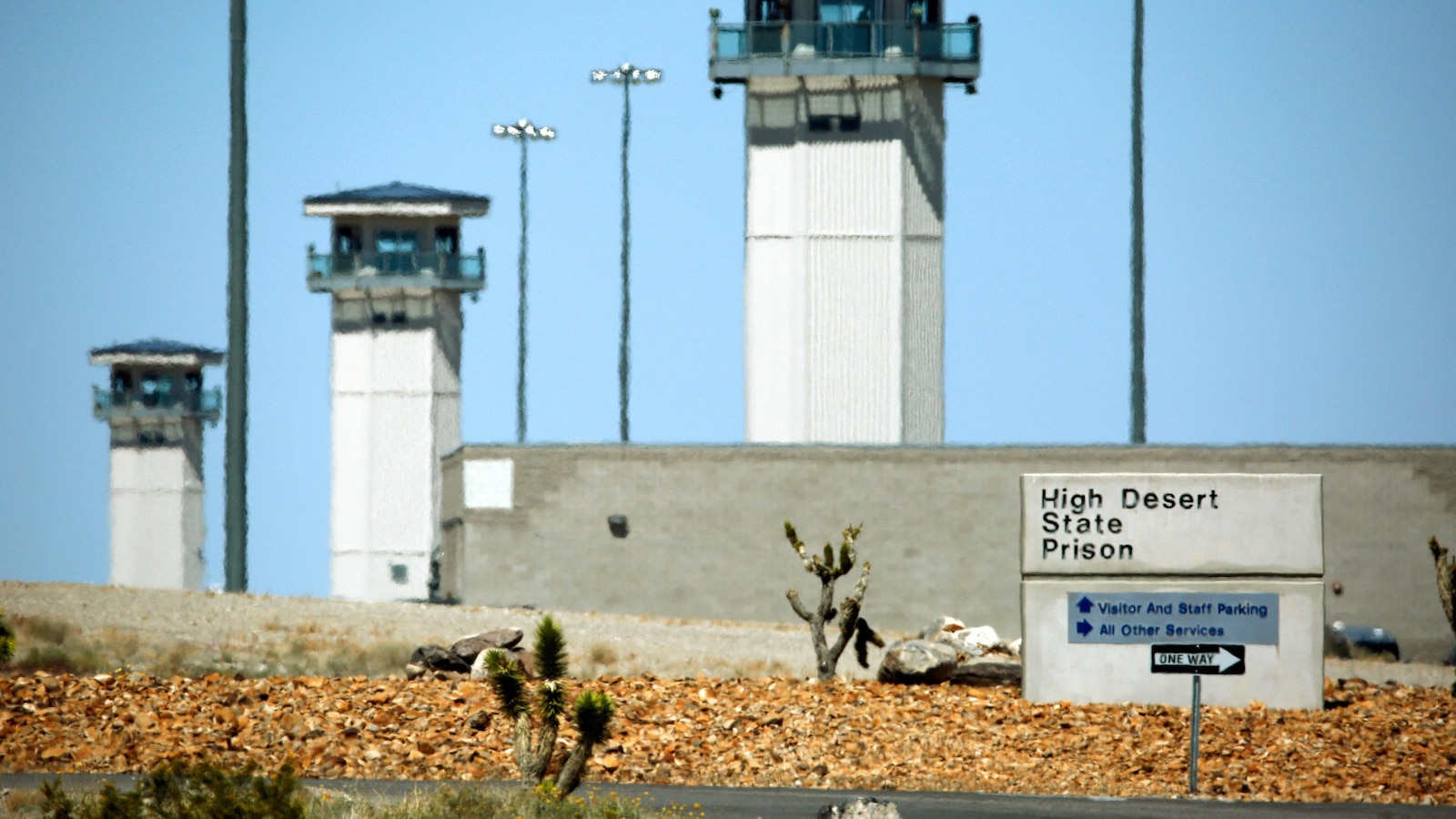Defense wins access to grand jury files in case linked to witness’s fentanyl death

BUFFALO, N.Y. (WIVB) -- The question of whether federal prosecutors committed misconduct in a conspiracy case involving the death of a government witness is closer to being answered. The chief judge has ordered the release of more than 50 pages of grand jury minutes and some probation records to defense attorneys.
The case centers on Crystal Quinn, a government witness found dead of a fentanyl overdose in a friend’s Wellsville home on Aug. 1, 2023.
Shortly after Quinn’s death, the government indicted six people — Simon Gogolack, Peter Gerace, John Ermin, Michael Roncone, Frank Knight and Howard Hinkle — alleging they conspired to obstruct justice by causing and concealing evidence of Quinn’s death to prevent her from testifying against Gerace, the former owner of Pharaoh's strip club, according to court records.
Gerace told News 4 Investigates Quinn was a close friend he would never harm.
But Quinn later agreed to cooperate with the government, which Gerace alleged was the result of pressure and threats from federal authorities.
In December, a jury convicted Gerace in a separate case involving drug and sex trafficking of exotic dancers from his former strip club.
Prosecutors allege Gogolack — who called 911 when he spotted her dead in his home — was the only defendant accused of intentionally providing her with the fatal dose of fentanyl.
U.S. District Court Chief Judge Elizabeth Wolford wrote in her Friday order that federal rules allow courts to release grand jury minutes after weighing the public’s interest in secrecy against the need for disclosure.
Wolford noted that U.S. Magistrate Judge Jeremiah McCarthy had already issued three decisions on his own that questioned how prosecutors presented the case to the grand jury. Those decisions, she said, tilted the balance toward the defendants.
In August, McCarthy ordered the release of more than 50 pages of grand jury minutes, but only for his review. Afterward, prosecutors unsuccessfully attempted to remove him from the case, and filed several court papers critical of his decisions.
But Wolford agreed with McCarthy.
“Utilizing the balancing test addressed above, and considering the limited scope of the disclosure to the defendants against the need for the defendants to have access to the decisions to litigate the issues, the Court will arrange for the production of the decisions to counsel for the defendants,” Wolford wrote. She added that the court would redact a small amount of grand jury information that is unnecessary for the defense to understand the decisions.

At the center of the conflict is how federal prosecutors described Gerace learning that Quinn — a former exotic dancer at Pharaoh’s — was cooperating with the government.
Prosecutors argue Gerace and a former attorney violated a protective order by adding Quinn to the defense witness list, which they say allowed Gerace to discuss her cooperation with others, including Ermin, the alleged leader of the Outlaws motorcycle club and a former manager at Pharaoh’s. They contend defense attorneys had access to the government’s sealed witness list for “well over a month” before they added Quinn to theirs.
Gerace’s attorneys, Mark Foti and Cheryl Meyers Buth, called the government’s position “demonstrably false” and “illogical.”
“The Magistrate Judge apparently agrees with the defendant that there are at least reasonable grounds to believe there may be a basis to move to dismiss the indictment,” they said. “This factor favors at least limited disclosure” of the grand jury minutes.
They also argued the government’s strategy has reduced defense counsel to “mere spectators.”
“Defense lawyers are not potted plants,” they wrote. “The Court should not give its imprimatur to a process that marginalizes them.”
Foti said Quinn was added to the defense witness list because her statements to law enforcement may conflict with the government’s narrative and impeach some of its witnesses. He said defense attorneys learned of her cooperation only after prosecutors indirectly disclosed it during Gerace’s detention hearing in March 2023.
Prosecutors dispute that.
“Though Mr. Gerace is content to contort the indictment to create cognitive dissonance where none otherwise exists, this Court should see the indictment for what it is: a common-sense allegation that Mr. Gerace learned of Ms. Quinn’s cooperation long before the filing of his witness list, and certainly no later than the government’s detention proffer during the detention hearing held on March 24 and 27, 2023,” they wrote.
Defense attorneys will now have the opportunity to review the grand jury minutes and further argue that prosecutors misled the grand jury.
Wolford issued another order last month that also favored the defense. On Oct. 28, she ordered Quinn’s probation records to be released to defense attorneys — but not to any of the defendants.
Gerace’s attorneys believe the records may shed light on Quinn’s mental health and history of narcotics use just prior to her fatal overdose, potentially challenging the government’s theory that she was purposely given the fatal dose.
Prosecutors initially withheld the probation records, citing Quinn’s privacy rights under the Crime Victims’ Rights Act.
Wolford’s most recent orders come after months of conflict between federal prosecutors and defense attorneys, who have sought dismissal of the indictment.
Latest Local News
Dan Telvock is an award-winning investigative producer and reporter who has been part of the News 4 team since 2018. See more of his work here and follow him on Twitter.





